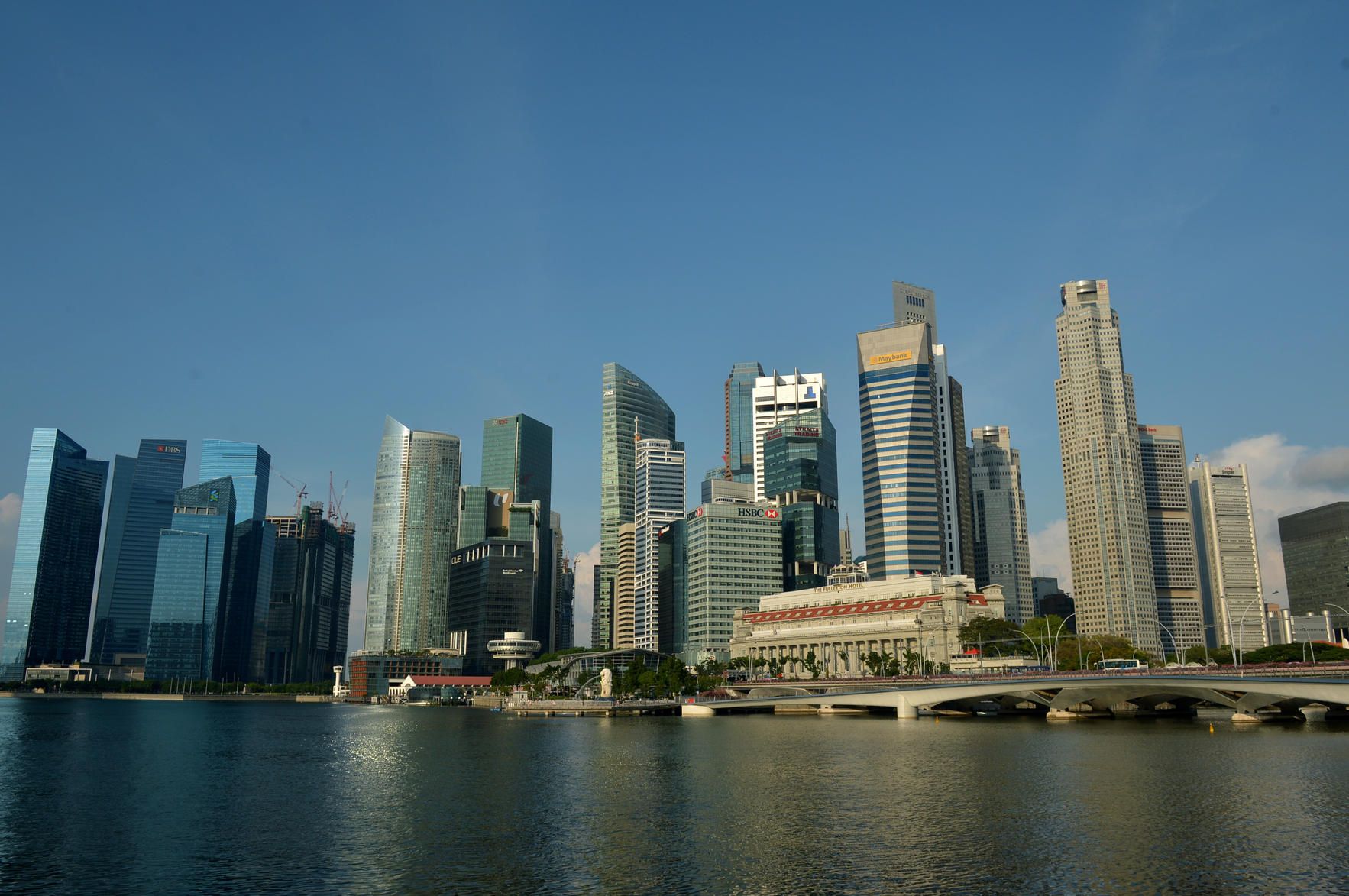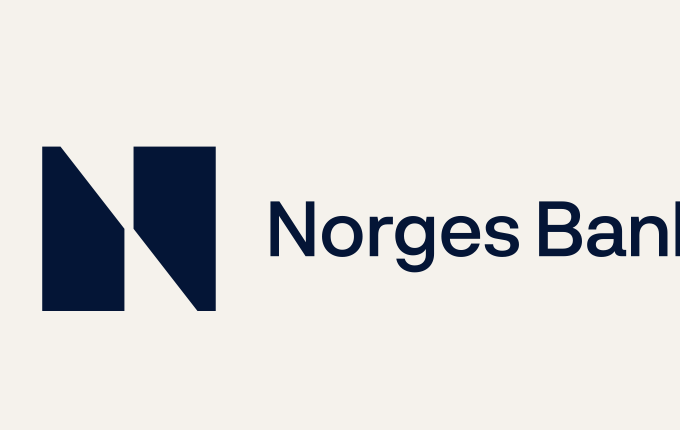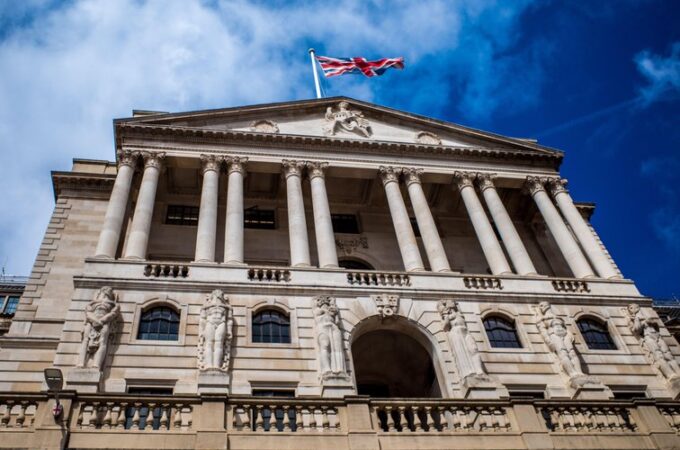
Singapore, London in race to be top global fintech hub
Deloitte report lauds the Republic for its business-friendly environment, excellent govt support and regulation
Singapore
IT’S game on for Singapore, as a new Deloitte report has tied the city-state with London among the top global fintech hubs.
“Singapore is a leading international financial centre and a serious contender for the global number one spot in fintech,” said the global auditing firm, which released the report this week, and ahead of Singapore’s Fintech Festival in November.
The report shied from directly ranking the 21 fintech hubs that were evaluated, noting that the analysis focused mainly on three indices: the Global Innovation index; the Global Financial Centre index; and the Doing Business index.
But Singapore and London both scored 10 – the best score among all the hubs surveyed.
Singapore gained ground for its business-friendly environment. It is ranked number one on the Doing Business index from the World Bank, having scored highly on ease in paying taxes as well as contract enforcement, and in protecting minority interests.
Singapore also won praise from Deloitte for excellent government support, regulation, and access to expertise.
The Monetary Authority of Singapore (MAS) has set aside S$225 million to develop fintech projects. It has also created a sandbox environment for experiments, built guidelines for cloud computing, and will look to iron out kinks in the electronic payments space.
“The move by the MAS to bring in industry talent to drive fintech forward paid rich dividends and positioned the MAS as the leading regulator to drive progressive thinking in fintech innovation,” Deloitte added.
Jim Reichbach, Deloitte’s global banking sector leader, said regulators have embraced fintech, and that has helped to push this emerging segment along. “Regulators clearly have gotten smart. They are moving from a posture of putting walls up, to encouraging innovation,” he said. “Regulatory posture is changing to drive fintech.”
Likewise, Neal Cross, DBS’s chief innovation officer, said Singapore has a clear advantage with the strong government support that is pushing the fintech message along.
“We’ve got a real chance of being the world’s fintech hub,” he said.
But Singapore will have to face up to its risk-averse culture, and its underdeveloped startup scene. Deloitte raised these as challenges to Singapore’s ascent in the fintech space. Besides boosting its innovation culture, Singapore also has to work on access to customers, it added.
Fintechs based in Singapore should look to its neighbours to distribute the services, said Mr Cross.
“You can’t do a big-scale product. They’ve got to build in Singapore, and quickly get out to Asean.”
Singapore can offer better access to new markets such as China, India and Indonesia compared to London, said Joe Seunghyun Cho, chairman of investment group Marvelstone. The group is soon to set up a shared working space for fintechs in early November. The office premise Lattice80, at over 30,000 square feet in the Central Business District, is set to rival the size of Australia’s Stone & Chalk, now the largest co-working space for fintechs in the world, said Mr Cho.
“The social impact driven by fintech innovation will be much bigger in emerging markets, when compared to the ones in developed markets like London,” he added.
London is ranked number one as a global financial centre, and edges out Singapore in its access to customers.
“London has the world’s largest financial services sector, supported by a booming tech sector. The ecosystem has the ‘fin’ of New York, the ‘tech’ of the US West Coast, and the policymakers of Washington, all within a 15 minute journey on public transport,” Deloitte said.
“These factors make London one of the greatest connected global cities in the world with the key ingredients for digital success: capital, talent, regulatory and government support and demographic diversity.”
But observers have said Brexit may change the play for London. London also loses out to Singapore in attracting foreign startups, and in ease of doing business.
London’s main challenges, said Deloitte, are to do with escalating costs: high cost of living, high cost of office space, and high cost of labour.
New York and Silicon Valley followed behind Singapore and London. They are both top hubs in finance and technology in their respective right, and so scored highly in their innovation culture. But both suffered in the area of regulatory backing. The US does not score as well in its ease of doing business, and both hubs are expensive places to live and work in.
Hong Kong lagged Singapore and London, as well as the US clusters, with its average innovation culture and access to customers. But Deloitte pointed out that the “historical proximity to China” makes it hard for other hubs to displace Hong Kong.
First appeared at TBT




